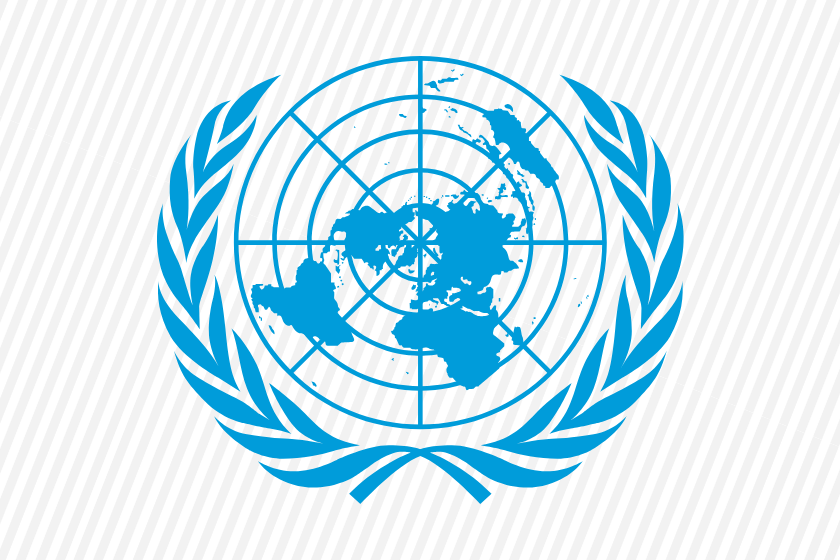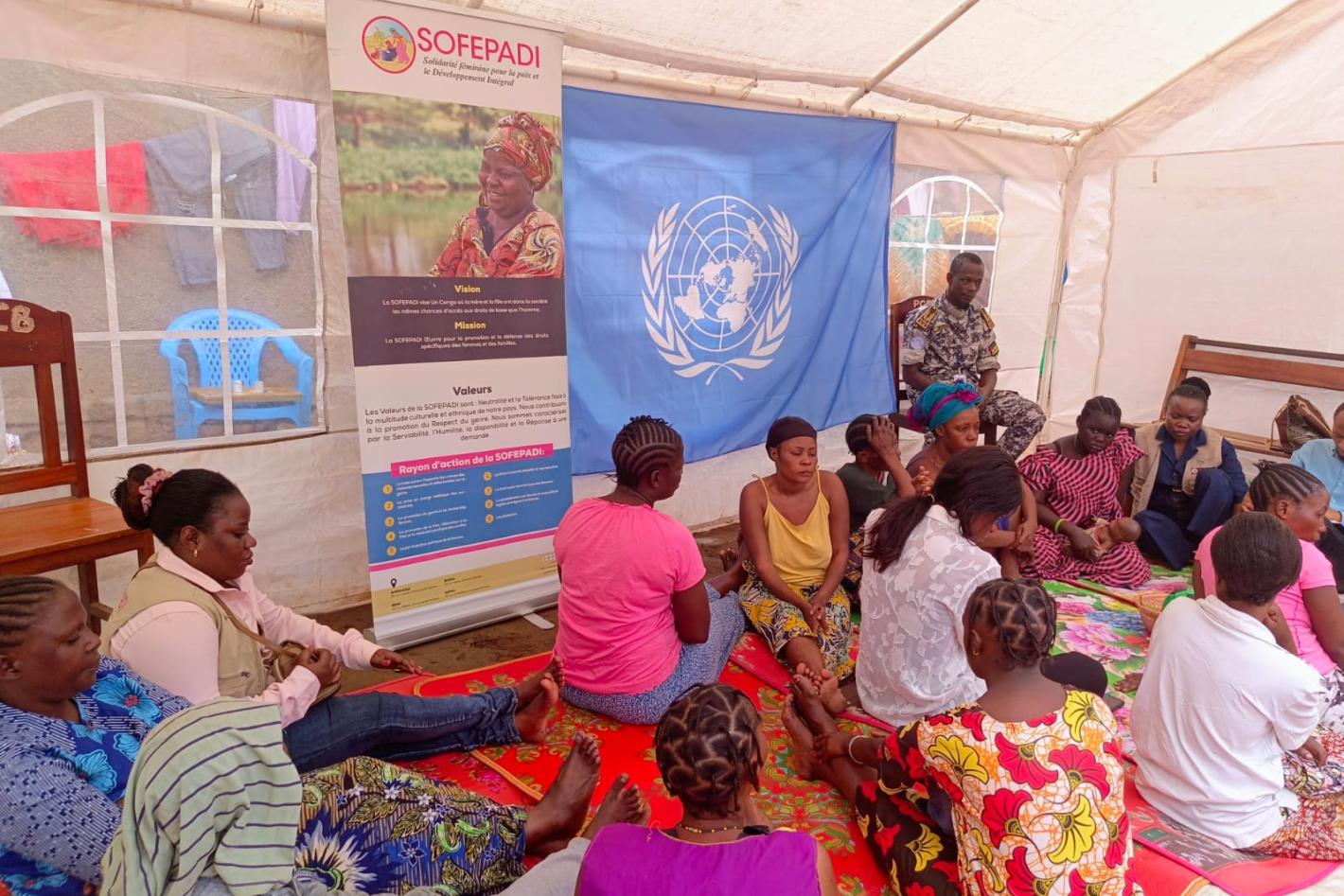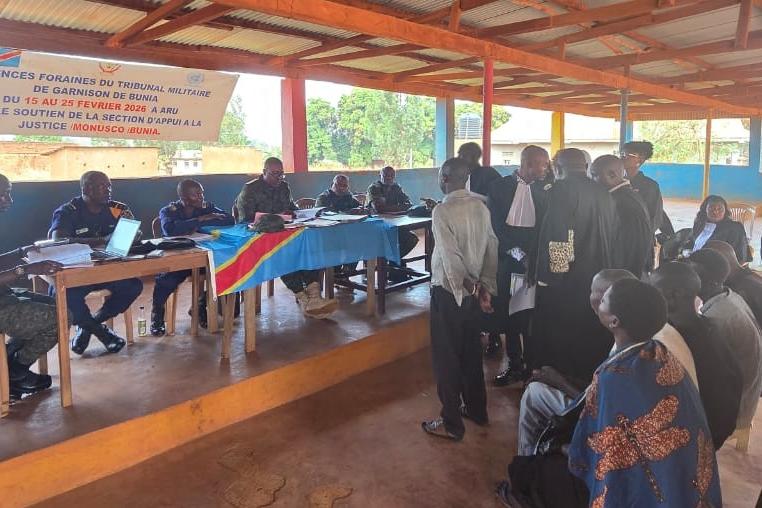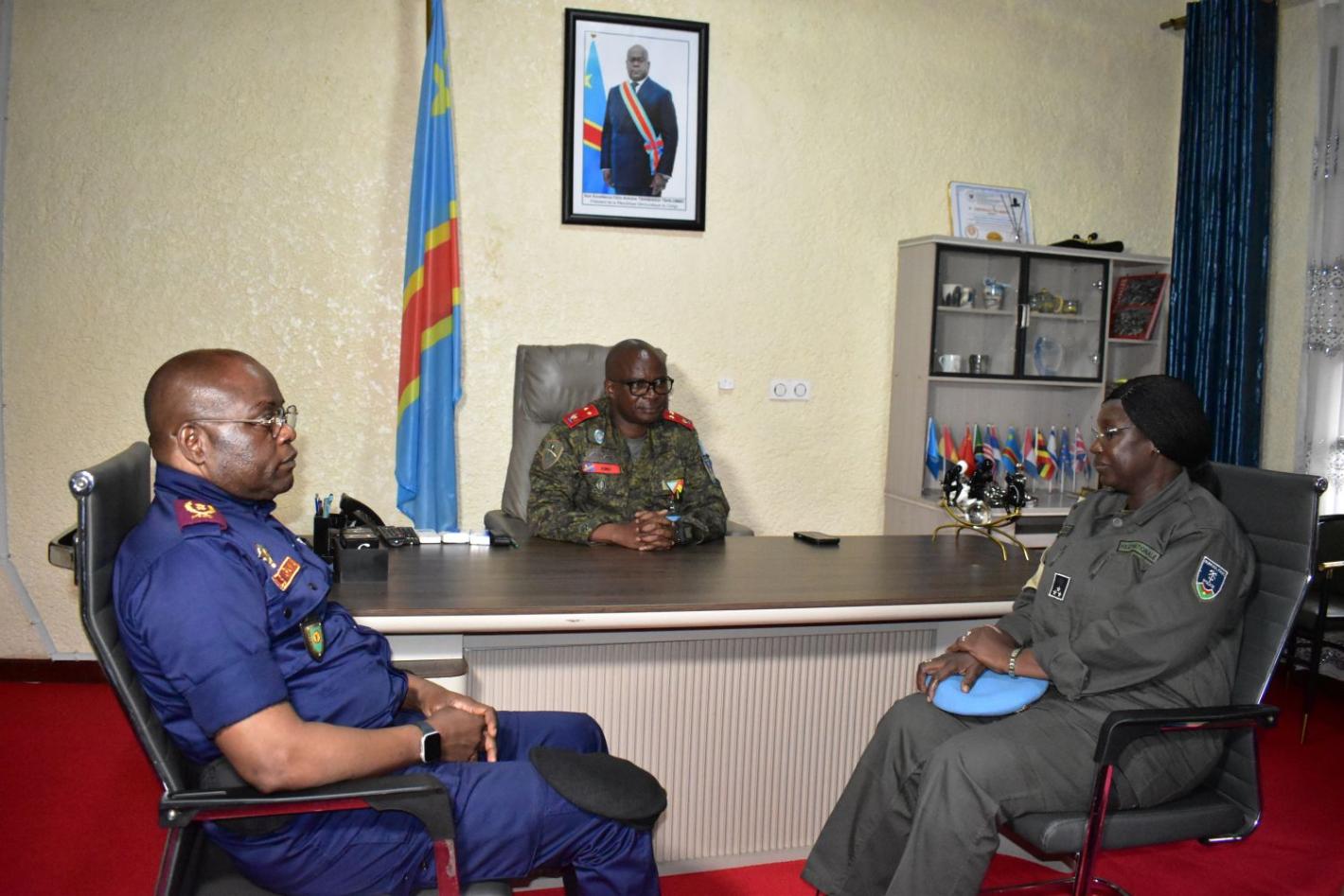PRESS RELEASE
GENEVA / KINSHASA (6 July 2020) – The armed group known as Allied Democratic Forces (ADF) has intensified its attacks against civilians in the eastern provinces of the Democratic Republic of Congo (DRC) over the last 18 months, expanding its actions beyond areas in which it previously operated. These attacks, which have left close to 800 people dead and dozens of others injured, may amount to crimes against humanity and war crimes, according to a UN investigation.
The ADF has been militarily active in Beni territory, in North Kivu province, for more than three decades. But following military campaigns against the armed group, particularly since October 2019, ADF combatants dispersed into small groups and some of these groups fled to other areas, especially to Irumu territory in neighbouring Ituri province, where the number and the intensity of the attacks have increased significantly.
The impact on civilians of these changes is described in detail in a report by the UN Joint Human Rights Office in the DRC (UNJHRO)*, which shows how the human rights abuses committed by ADF fighters have been systematic and brutal. Assailants used heavy weaponry during attacks against villages, including AK47s and mortars, and also machetes and knives. They often burned down entire villages, destroyed health centres and schools, and abducted and recruited men, women and children.
“In the majority of cases, the means and the modus operandi of the attacks indicate a clear intention to leave no survivors. Entire families have been hacked to death,” the report says.
The report highlights that, given the widespread and systematic nature of the attacks directed against the civilian population, some of these human rights abuses may amount to crimes against humanity and war crimes.
According to UNJHRO investigations, from 1 January 2019 to 30 June 2020, 793 civilians were killed, 176 wounded and 717 others abducted by ADF combatants in North-Kivu and Ituri provinces. During the same period, 59 children were recruited; and one school, seven health centres and dozens of civilian houses were attacked and looted. The violence triggered massive displacement between September 2019 and June 2020.
State defence forces have also committed serious human rights violations, particularly since the launch of their military operations against the ADF on 30 October 2019. According to UNJHRO, in the last eight months soldiers from the Forces armées de la République démocratique du Congo (FARDC) and agents of the Police Nationale Congolaise (PNC), including members of the special forces Légion Nationale d’Intervention (LNI), have been responsible for killing 14 civilians and injuring 49 others, as well as for the arbitrary arrest and detention of 297 civilians.
These violations have reinforced the distrust of the population towards the security and defence forces, further fuelled by the continuing atrocities committed by armed groups.
Since 2019, some 400 ADF combatants have been awaiting trial.
“We call on the State authorities to step up efforts to complete pending judicial cases into all allegations of human rights violations and abuses; to bring all alleged perpetrators to justice; and to ensure the right to truth, justice and reparations for the victims and their families,” said Leila Zerrougui, Special Representative of the UN Secretary General and head of the Stabilization Mission in DRC.
“Authorities should establish community engagement programs in order to improve relationships between the FARDC and PNC and civilians they are deployed to protect,” she added.
The report also calls for the establishment of credible and reliable Disarmament, Demobilization, Reintegration and Repatriation (DDRR) programmes to encourage combatants to lay down their arms and return to civilian life, and for foreign armed groups members to return to their countries of origin. These efforts should be accompanied by a comprehensive transitional justice process, to prevent the resurgence of violence and build a lasting peace in the region.
ENDS
*The UN Joint Human Rights Office, which was established in February 2008, comprises the Human Rights Division of the UN Stabilization Mission in the DRC (MONUSCO) and the Office of the High Commissioner of Human Rights in the DRC.
To read the report in English, please click here
-----------------------------






